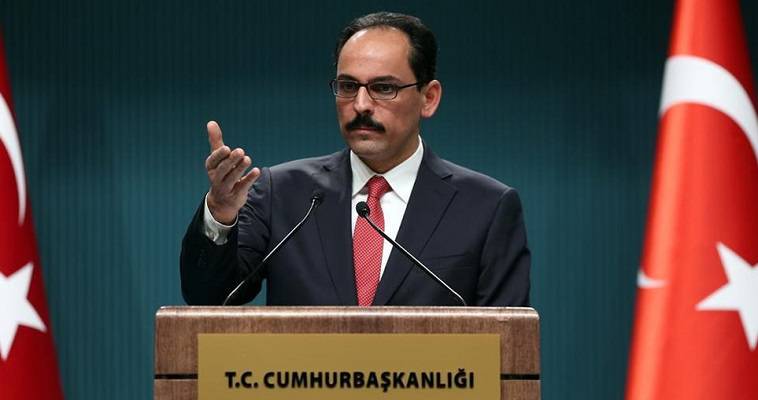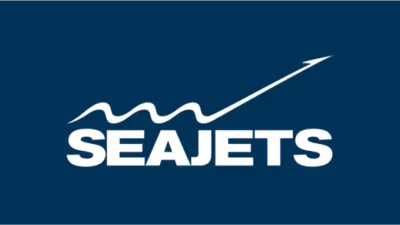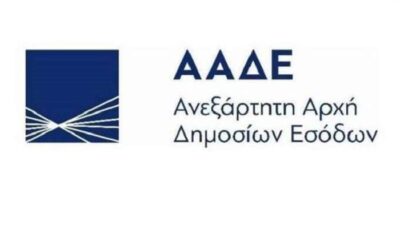Stavros Lygeros: The carpet is laid for exploratory talks in January – All the background
21/12/2020
The Greek Foreign Minister misses no opportunity to state unequivocally that the condition for the resumption of exploratory contacts is for a reasonable period to pass, during which Turkey will desist from both aggressive rhetoric and actual provocations. It seems, however, that this period is expiring.
Who could deny that this is a reasonable condition, when the last attempt to resume exploratory talks was torpedoed by the intrusion of Oruc Reis in the potential Greek EEZ. And yet, the German-led duet of Michel-Borrell – according to credible information – is pressuring Athens to sit directly at the table for talks.
As is known, the Greek position is that in order for exploratory talks to begin again, a “de-fusion” of the tension must precede. Michel and Borrell are reversing this, indirectly threatening Athens that only if the exploratory investigations begin will “de-fusion” be achieved! And they do not fail, of course, to add that by their nature exploratory talks are not subject to terms on the agenda. There – as they said – everything is discussed and therefore the problem of the agenda is solved!
In other words, they are pressuring Athens to negotiate for everything and not just for the delimitation of the continental shelf-EEZ, as the Greek side seeks. Obviously, when you are sitting at the table, you cannot prevent the Turkish side from saying what it wants, but it is up to the Greek side to decide on which issue it will enter into negotiations.
Kalin’s teleconference with European ambassadors
The pressure from the Michel-Borrell duo gains additional political significance if combined with what Erdogan’s close aide, Ibrahim Kalin, told EU ambassadors in Ankara during a two-hour teleconference with them on December 16th. That conversation, on the one hand, is revealing as concerns Ankara’s point of view, and on the other hand, raises questions about Greek diplomacy.
But let’s start from the beginning. Based on perfectly valid information, Kalin began his speech by saying that common history and geography connect Europe and Turkey. He even recommended to the EU to bypass the national agendas of the member states (implying Greece and Cyprus) and see the big picture. The two sides (EU and Turkey) can work together for mutual benefit on all fronts, Syria, Libya, the Caucasus, North Africa, and the Eastern Mediterranean.
Kalin explicitly said that Turkey does not like the presence of the Russians in the Caucasus, but there was no willingness from the West. He stressed that the Turkish presence there should be read by the West as a strategic advantage for Europe, in the sense that it balances the Russian presence. It is obvious that he tried to “sell” to the Europeans what they want to hear!
His vision was clear: There are two geopolitical entities, Turkey and the EU, and as such they should talk, bypassing the 1-2 member states that insert their narrow national vision. And to leave no doubt, he characteristically said that Ankara sees Greece primarily as a neighboring state rather than as an EU member state! This is open to very disturbing interpretations.
What is Turkey asking from the EU?
The Turkish official said that Ankara is ready and that the ball is in the EU’s court. He even made three demands:
- The updating of the Euro-Turkish agreement on immigration in 2016.
- Updating the EU-Turkey Customs Union Agreement with a view to further developing trade.
- The abolition of visas for Turks visiting EU member states.
Kalin then said that the withdrawal of the Oruc Reis creates the conditions for Turkey to co-operate with the EU (not Greece and Cyprus) in the Eastern Mediterranean for mutual benefit. He also referred to the conference on the Eastern Mediterranean, which he explicitly described as a “Turkish proposal”, while Michel and Borrell present it as their own. This is not an insignificant detail. If what Kalin said is true, then it turns out that Berlin and the two EU officials have become peddlers of Turkish diplomacy within the EU.
Exploratory talks and Confidence Building Measures
Kalin finished off with Greek-Turkish relations. He expressed the strong desire to resume the exploratory contacts from the point that had been interrupted in 2016 – as he said – under the responsibility of the Greek side. He added that Ankara had hoped that German mediation would have brought both sides to the table, but this did not happen, due to the Greek-Egyptian agreement for a partial demarcation of the EEZ.
He also supported NATO talks on military confidence-building measures, as well as the launch of a political dialogue between the two foreign ministries at the level of general secretaries. It should be noted that in the NATO talks, the NATO Secretary-General Stoltenberg has set the 25th meridian (which divides the Aegean in half) as a de facto border between the two countries.
Thus, in order for a Greek fighter to pass the 25th meridian to the east, NATO must be notified, as well as a Turkish one to the west. This practically means that in order for the Hellenic Air Force to protect the Greek islands in the eastern Aegean, NATO must be notified. Instead, Turkish fighter jets will be able to fly into the eastern Aegean without notifying NATO. They will only notify it if they enter the western Aegean, ie west of Skyros and Paros!
Kalin’s phone call to Surani
As soon as Kalin finished, the Greek ambassador to Ankara, Michalis Diamesis, spoke. After saying that the exploratory talks had not stopped under the responsibility of the Greek side, he said that Athens wants to start an “honest dialogue” (he did not use the term “exploratory”), without challenges. He then agreed that the investigators (this time using the term) should start where they left off, adding that Greece is waiting for a date, as Turkey is the inviter.
Kalin replied that he would call the diplomatic adviser of the prime minister, ambassador Eleni Sourani, in 1-2 weeks to launch the resumption of the investigations. Referring, in fact, to the tension that existed in Greek-Turkish relations, he said that everything that happened was done and that the blame game should stop.
At this point it is necessary to ask a critical question: does Athens consider how the reasonable period has passed without Turkish challenges? It is hard to believe that an experienced and capable diplomat like Diamesis would deviate from the line of his minister. In his interview with “Vima” newspaper, Dendias explicitly said that Greece expects a date from Turkey, without specifying whether he believes that the reasonable period has already passed without Turkish provocations. It seems, however, that Athens is ready to sit at the table. Let me remind you that Mitsotakis and Erdogan had designated Surani and Kalin respectively as their diplomatic channels of communication.
The other ambassadors
After the Greek ambassador, the ambassador of the Netherlands spoke, raising the issue of freedom of expression in Turkey. The Turkish official’s response was that this right in Turkey belongs to all those who do not threaten national security and not to terrorists such as the PKK, ISIS, and the Gulenists.
The French ambassador called for a change in Turkey’s style and called for a period of calm in the Eastern Mediterranean so that a “positive agenda” for the EU could be reached.
The German ambassador thanked the Turkish official for the positive style, adding that the different reading of the decision of the October Summit should be overcome. As he said, “We consider it positive and balanced and you consider it strict”. He concluded by saying that de-escalation was needed because the “positive agenda” was in the common interest.
The teleconference was closed by the Italian ambassador, who was probably the most pro-Turkish. He said that what unites the EU and Turkey is more than what separates them, concluding with a barb against Athens and Paris, that what should be made public are positive and not negative comments for domestic consumption.





